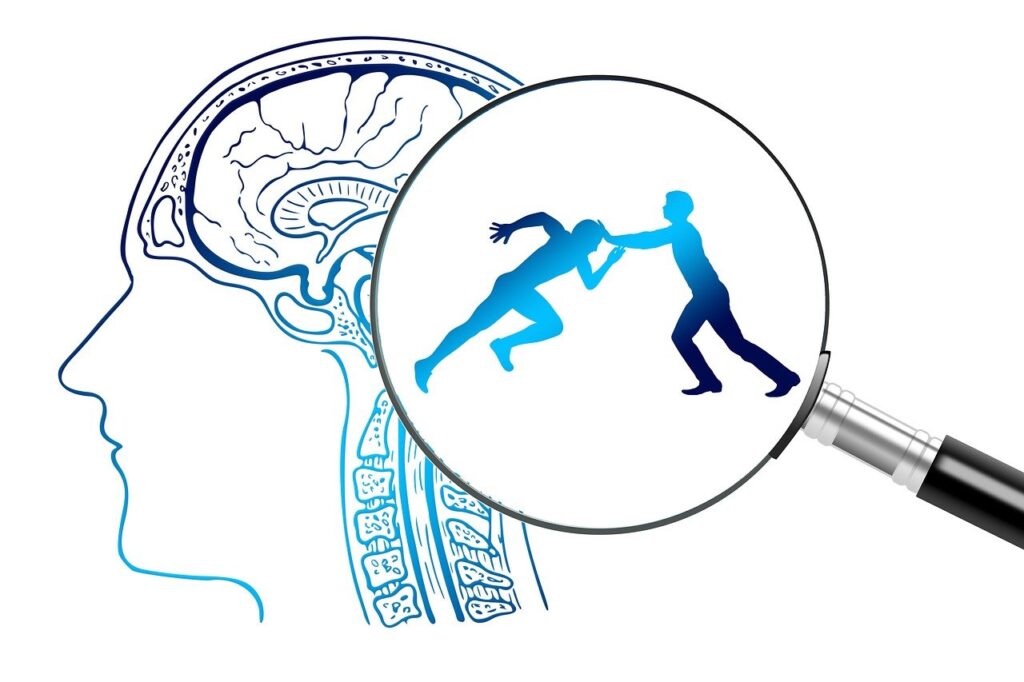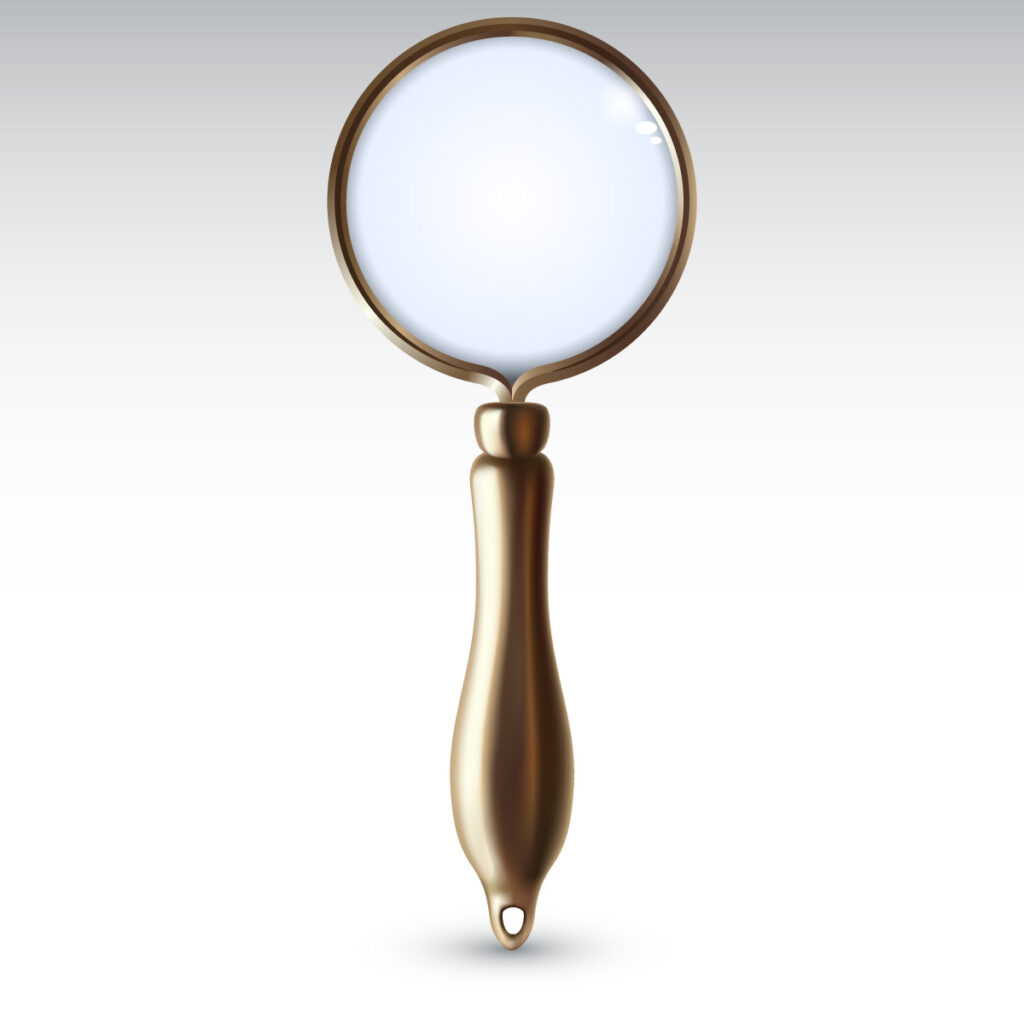In this post, I’m sharing a painful personal story about how extreme self-reliance kept me from asking for help when I needed it—and I’m offering practical steps to overcome this challenge.
A Painful Personal Experience
This isn’t an easy post to share because this week I was reminded of just how painfully close to home this issue can hit. But I believe that by sharing our vulnerability, we create a safe space for others to do the same. So here goes…
Last week, I hurt my back during a Body Pump class—a workout I’ve participated in for 20 years without injury. The pain was immediate and intense, but what surprised me just as much was my inability to ask for help when I needed it. Despite being surrounded by friendly faces and supportive peers, my ingrained self-reliance prevented me from reaching out. In that moment, the self-reliant parts of me insisted that I handle everything on my own, even as both pain and shame built inside me. I couldn’t overcome the belief that asking for help would be a burden—a notion that felt intolerable to this part of me.
With the class continuing on around me, I was trying to figure out how to put away all my equipment and just get to my car. A more vulnerable part of me wanted to ask someone to help put my things away. “It’s fine,” that part whispered, “the people around you would be happy to help.” But my self-reliant part shut that thought down, insisting, “Don’t disturb their workout. Don’t draw attention to yourself. You don’t want people to think you’re dramatic.”
I was experiencing an inner “polarization,” as we say in Internal Family Systems (IFS), a common dynamic where our inner parts take opposing sides. In this case, my self-reliant part overruled every other voice. I felt I had to manage on my own, even though every movement intensified my distress. Bending over, picking up weights—every step was painful. As I painstakingly put away one weight at a time, the physical pain was compounded by inner turmoil:
- Shame: A part of me felt I didn’t deserve help and that I must not be a burden.
- Helplessness: I was confronted with my deeply ingrained belief that I must handle everything on my own.
- Self-judgment: “I’m a therapist. I help people with this exact issue. And here I am, not able to do it myself!” That was perhaps the worst part.
Reflecting on that moment, I realized that the struggle to ask for help isn’t just about physical pain—it’s a window into our inner beliefs about vulnerability and self-reliance. (Ugh—this part of me does not like being called out!)
The Benefits of Self-Reliance
Don’t get me wrong, self-reliance isn’t all bad. It’s a core American ideal many of us were raised to emulate, often associated with independence and beliefs about taking responsibility for our own lives and success.
There are many aspects of the self-reliant part of me that I greatly appreciate. This part helps me work hard, be disciplined, and be a creative problem solver who faces challenges with determination rather than giving up. Working through a challenge or persevering on our own can boost confidence and increase our sense of self-agency, which in turn makes our achievements even more satisfying.
Self-reliance is not a problem in itself. Sometimes, though, these parts become locked in extreme roles. Under the stress of my injury—and with fewer inner resources due to pain—the extreme version of my self-reliance showed up, preventing me from allowing help. And sometimes, we actually do need help. In this case, refusing to ask for help could have worsened my injury (thankfully, I don’t think that wasn’t the case).
The Hidden Costs of Extreme Self Reliance
Although self-reliance has many gifts, when it becomes extreme, it can come with significant costs:
- Emotional Isolation: Believing that you must handle everything alone can lead to loneliness.
- Increased Suffering: Avoiding help often means prolonging physical and emotional pain.
- Perpetuating Shame: The notion that needing help is a weakness only reinforces self-critical beliefs.
- Missed Opportunities for Connection: Asking for help can foster deeper relationships and mutual support.
How do you know when self-reliance has crossed the line into self-isolation?
Steps for Working With Self-Reliance
Overcoming the need to do everything on our own is challenging—but it’s a process that can lead to a more authentic and balanced life. Here are some steps to help you work with through the challenge of extreme self-reliance:
1. Recognize Your Patterns
- Reflect on Your History: Notice when you tend to shut down and refuse help. Is this linked to childhood messages or past experiences? Growing up, what messages did you get about asking for help? How has self-reliance been reinforced in your life?
Example: I am the youngest child of four. There were times my needs and requests for help undoubtedly got lost amongst the noise of our large family. This may have led to the belief that my needs are not important and that even if I ask, I may not be heard. I also recall that my father disliked what he considered “dramatic” behavior. I learned from a young age to be compliant and avoid making a scene. These early messages taught me to be self-reliant and instilled fear that asking for help might be seen as weakness. All of this contributed to my decision to not ask for help when I needed it last week.
- Journal Your Experiences: Write about moments when you resisted asking for help and how that made you feel. Awareness is the first step to change.
2. Cultivate Self-Compassion
Often our self-reliant parts developed early in life. We have the opportunity to “reparent” them by offering positive reframes with compassion—much like we would help a struggling child.
- Practice Kind Self-Talk: When you have thoughts like, “I should never need help,” consider positive affirmations, such as, “It’s okay to need support. I am human.”
- Affirm Your Worth: Remind yourself that asking for help is an act of self-care and strength, not a sign of weakness.
3. Challenge the Belief That You Must Do It All Alone
- Experiment With Small Acts: Start by asking for help in low-stakes situations, like asking a friend for a ride or a colleague for input on a project.
- Practice with Safe People: Let trusted individuals know that you’re working on being more open to help, and invite them to join you in that practice.
- Celebrate Vulnerability: Notice that when you ask for help, the response is often kind and supportive. This helps break down the belief that vulnerability leads to rejection.
Example: The day after my injury, I had to pass on a monthly lunch with friends because of my pain. Since I couldn’t attend, one of my friends kindly offered to bring food to me. That act of support provided me with a corrective experience—a gentle reminder that accepting help can be both healing and affirming.
4. Seek Support in Your Community
- Build a Network: Surround yourself with people who value openness and mutual support.
- Accept Offers Graciously: When someone offers assistance, practice accepting it. Over time, this reinforces that sharing the load can lead to stronger connections and less stress.
- Be a Non-Judgmental Helper: As we can help others without judging them as “less than” or needy in some way, we become more able to open to receiving help without judgement or shame.
How Therapy Can Help with Extreme Self Reliance
Therapy is a great place to get curious about your self-reliance parts. I often use Internal Family Systems (IFS) therapy to help my clients and myself understand these inner voices. Here are some additional ways therapy can help:
- Safe Exploration: We discuss past experiences where self-reliance has been both a strength and a source of pain, exploring the roots of these beliefs.
- Explore Your Emotions: Together, we can discuss the feelings that arise when you consider asking for help. Understanding these emotions can help you work through them over time.
- Experiential Exercises: Experiential exercises can help us get to know the inner landscape that keeps your from asking for and receiving support. Role-playing and guided imagery help you practice asking for help in a controlled setting, building confidence for real-world situations.
- Mindfulness and Reflection: Mindfulness practices enable you to observe your internal dialogue and recognize when extreme self-reliance is taking over. This awareness creates space for a more supportive response.
- Develop a Personal Action Plan: Identify specific instances where asking for help would benefit you, and create a step-by-step plan for how you might approach these situations.
By exploring these issues in therapy, you can gradually build a new relationship with vulnerability—one where asking for help is seen as a courageous act of self-love rather than a failure.
Asking for help is a courageous act of self-love.
Final Thoughts
The struggle with self-reliance is a deeply human experience. My experience in that Body Pump class reminded me that sometimes our strongest defense—being completely self-reliant—can leave us feeling isolated and overwhelmed. Learning to ask for help, while not easy for many of us, is a vital step toward healing and growth.
If you’re ready to explore these patterns and transform your relationship with self-reliance, I invite you to reach out. Together, we can work on building a more balanced, connected, and compassionate approach to life.
Contact me today for a free 15-minute consultation, and let’s begin this journey toward embracing vulnerability and transforming self-reliance. I offer online counseling sessions in Georgia and in person counseling sessions in Carrollton, GA.
If you found this discussion on self-reliance insightful, you might also appreciate my previous post, From Perfectionism to Progress: A Therapist’s Personal Journey. It dives into similar themes of vulnerability and personal growth.








